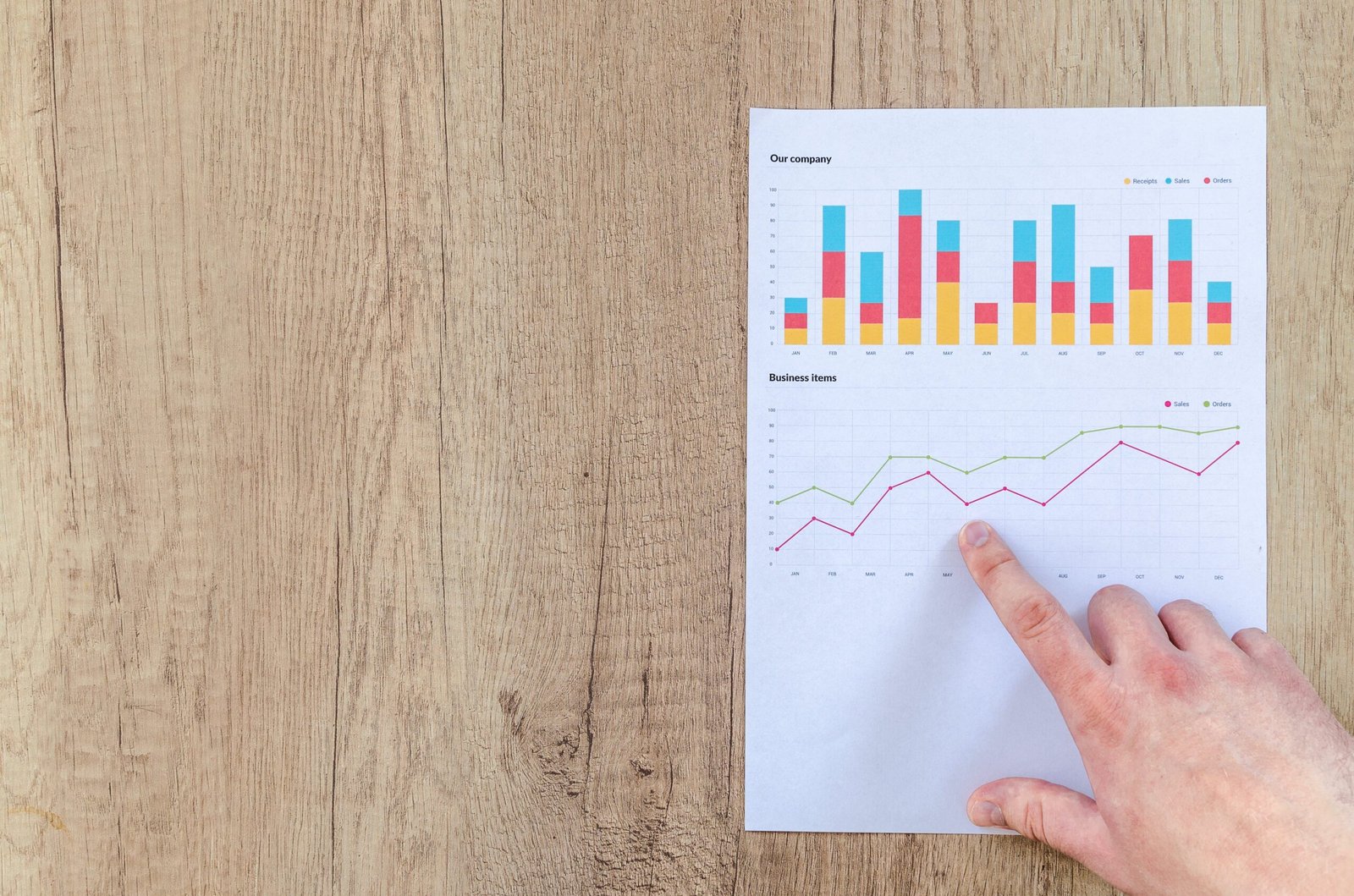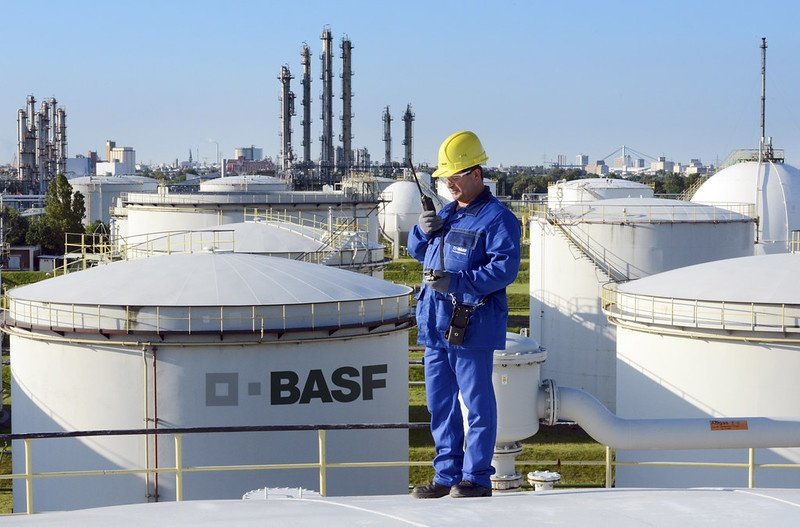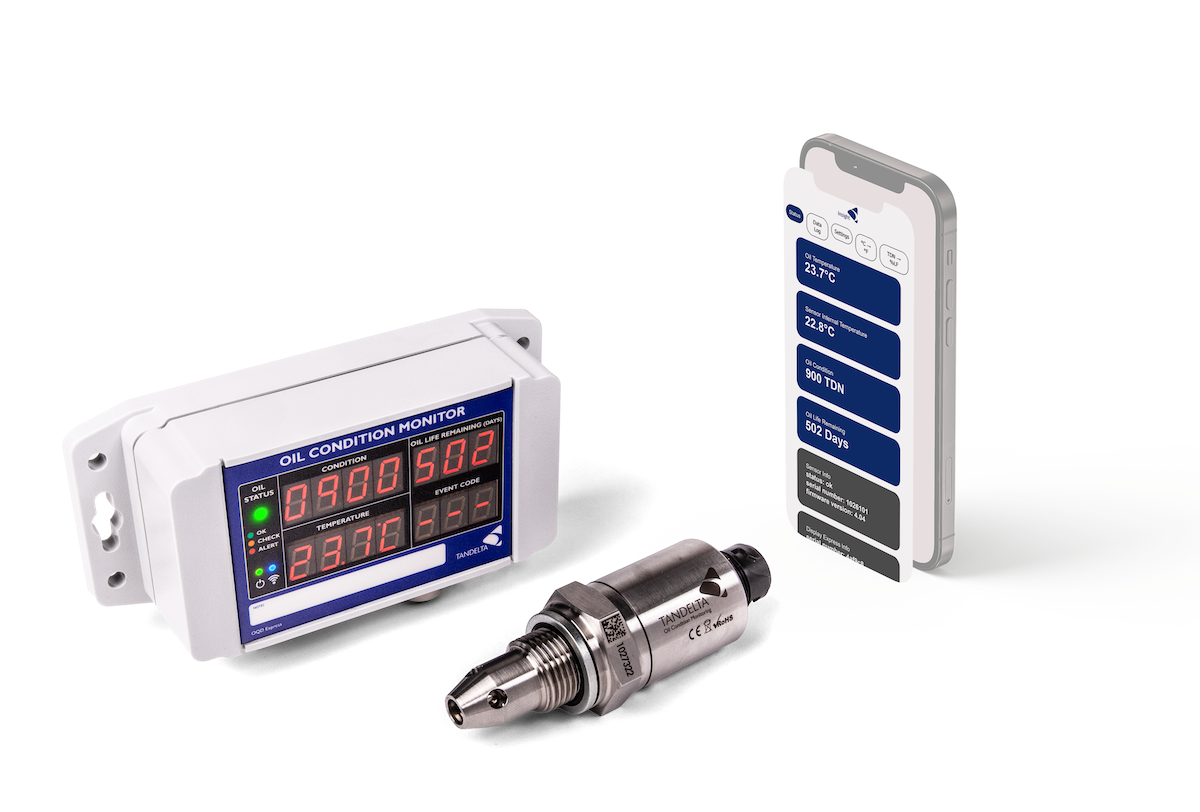We Market Research’s latest analysis forecasts that the spray foam insulation market will achieve a value of $3,865 million by 2033. Looking ahead, the market is expected to experience significant growth, with forecasts indicating a substantial increase to $2,245 million by 2023. This growth trajectory is supported by a robust anticipated compound annual growth rate (CAGR) of 6.7% between 2023 and 2033.
The increasing emphasis on enhancing energy efficiency in building structures is a key driver behind the expansion of the spray foam insulation market. This focus on energy efficiency stems from various factors, including environmental concerns, rising energy costs, and evolving building regulations.
A primary driver of this trend is the global commitment to environmental sustainability, driven by growing awareness of climate change and its impact. Spray foam insulation plays a crucial role in reducing carbon emissions and minimizing energy consumption by creating an effective thermal barrier, reducing heat loss, and preventing air leakage.
Escalating energy costs also motivate property owners and builders to invest in energy-efficient solutions like spray foam insulation, which helps maintain consistent indoor temperatures and reduces reliance on heating and cooling systems, thereby lowering energy bills.
Stringent building codes and regulations worldwide are further driving the adoption of advanced insulation materials like spray foam, ensuring better energy performance and potential financial benefits for property owners.
Additionally, the multifunctional characteristics of spray foam insulation, such as soundproofing and air sealing, contribute to its preference in enhancing overall building performance, including improved indoor air quality and noise reduction for occupant comfort.
In conclusion, the remarkable growth of the spray foam insulation market is closely linked to the imperative of improving energy efficiency in building structures. As the world increasingly recognizes the importance of energy conservation, spray foam insulation continues to gain prominence for its role in mitigating energy waste, reducing costs, and promoting sustainable construction practices.
Within the spray foam insulation market, open cell spray foam dominates with a substantial 60% share in 2022. Its superior thermal insulating properties, versatility, affordability, and eco-friendliness make it an attractive choice for various applications in residential and commercial buildings.
Competitive Analysis:
Major companies operating in the spray foam insulation market include BASF SE, Covestro AG, Lapolla Industries, Inc., Huntsman International LLC, Dow, SAFCO Foam Insulation, Cajun Foam Insulation, EnergyGuard Foam Insulators, LP, Saint-Gobain, Insulation Northwest, PUFF INC, Pittsburgh Foam Insulation, Owens Corning, Recticel, Armacell, NCFI Polyurethanes, CERTAINTEED, Rhino Linings Corporation, and Bayer AG.
BASF is known for its emphasis on research and development, focusing on innovative and high-performance insulation materials to address market needs.
For more detailed insights, related reports, and market analysis, interested parties can visit the We Market Research website or contact Mr. Robbin Joseph, Corporate Sales, USA, at We Market Research.
Source: We Market Research





